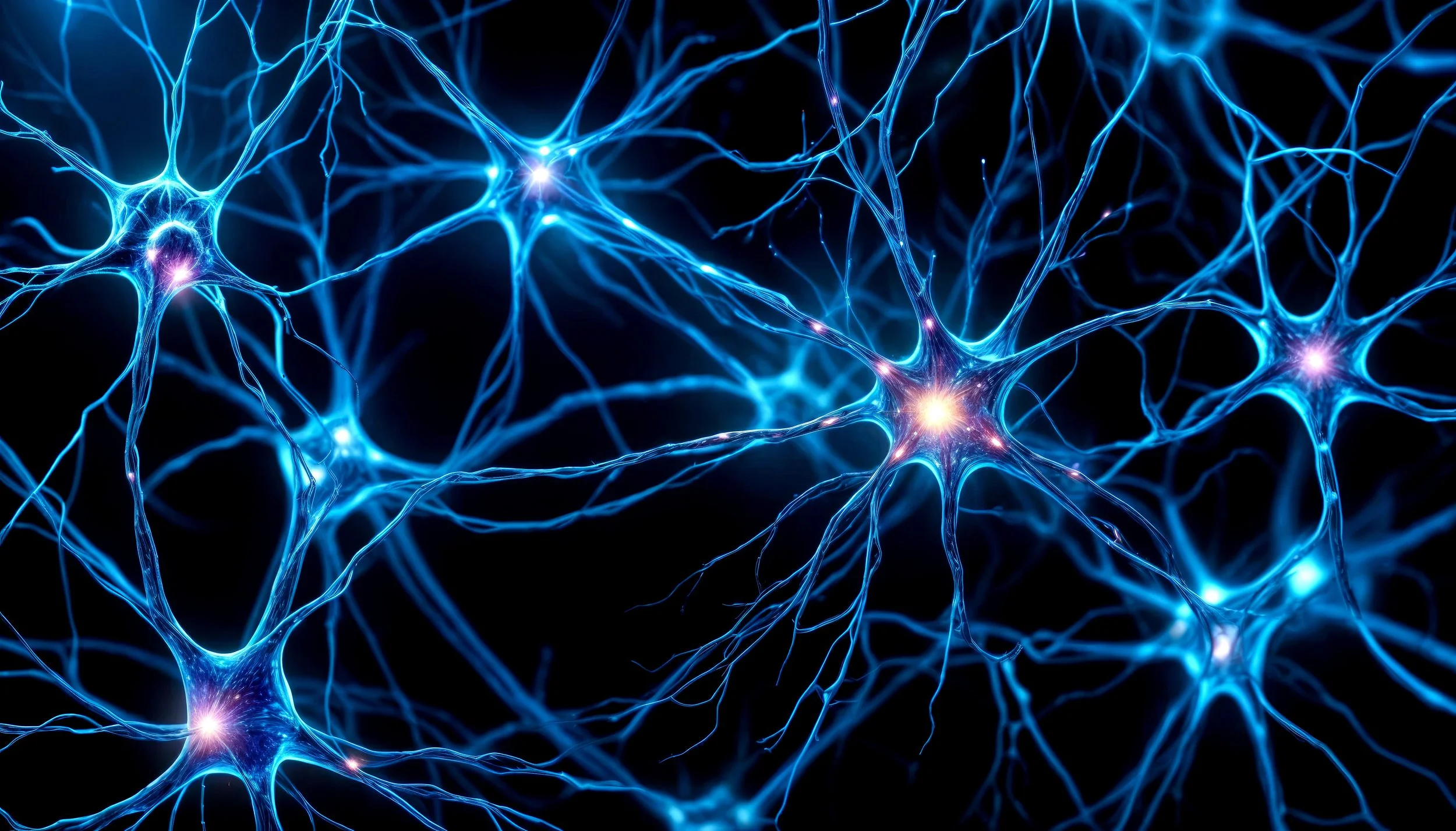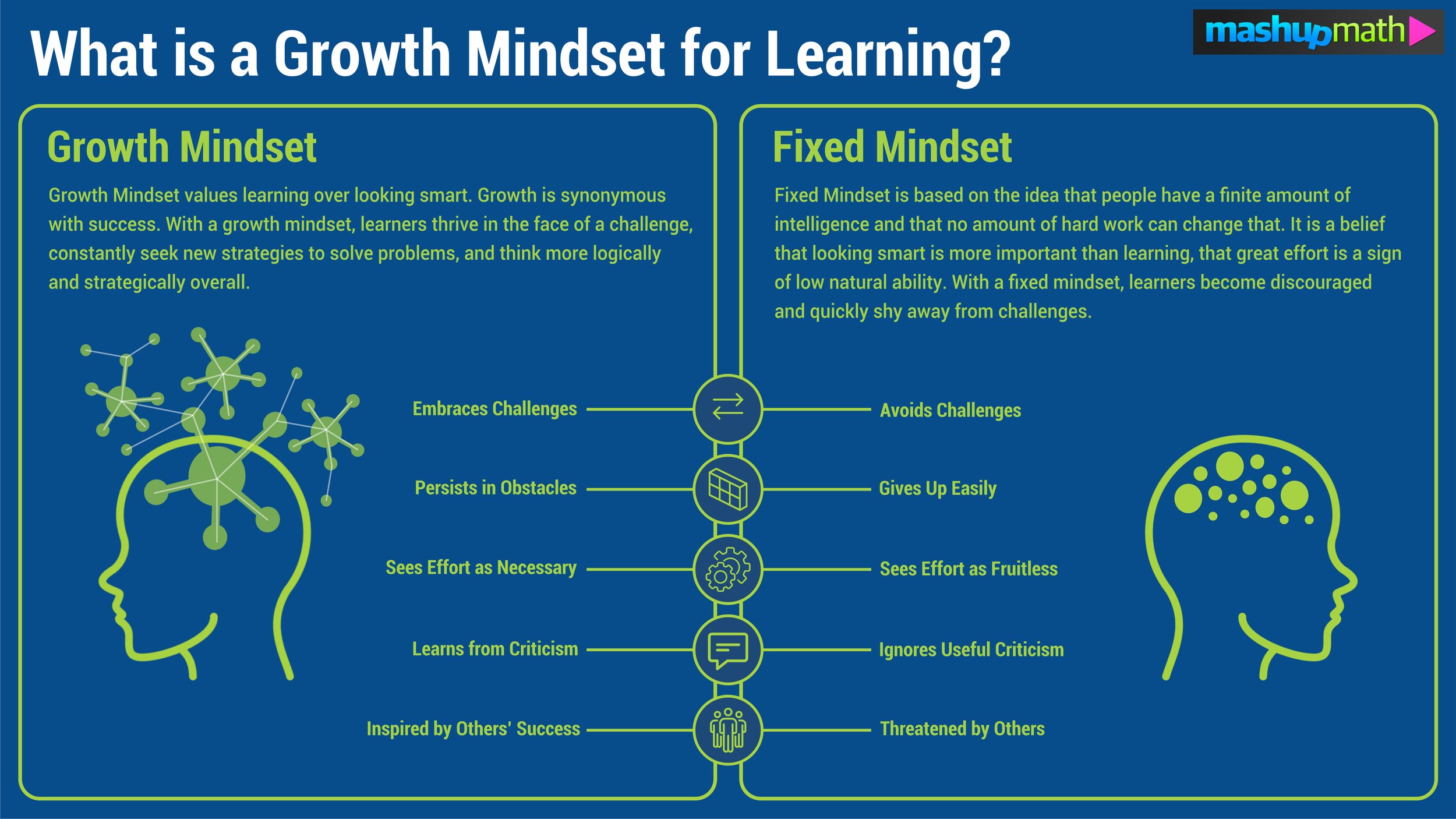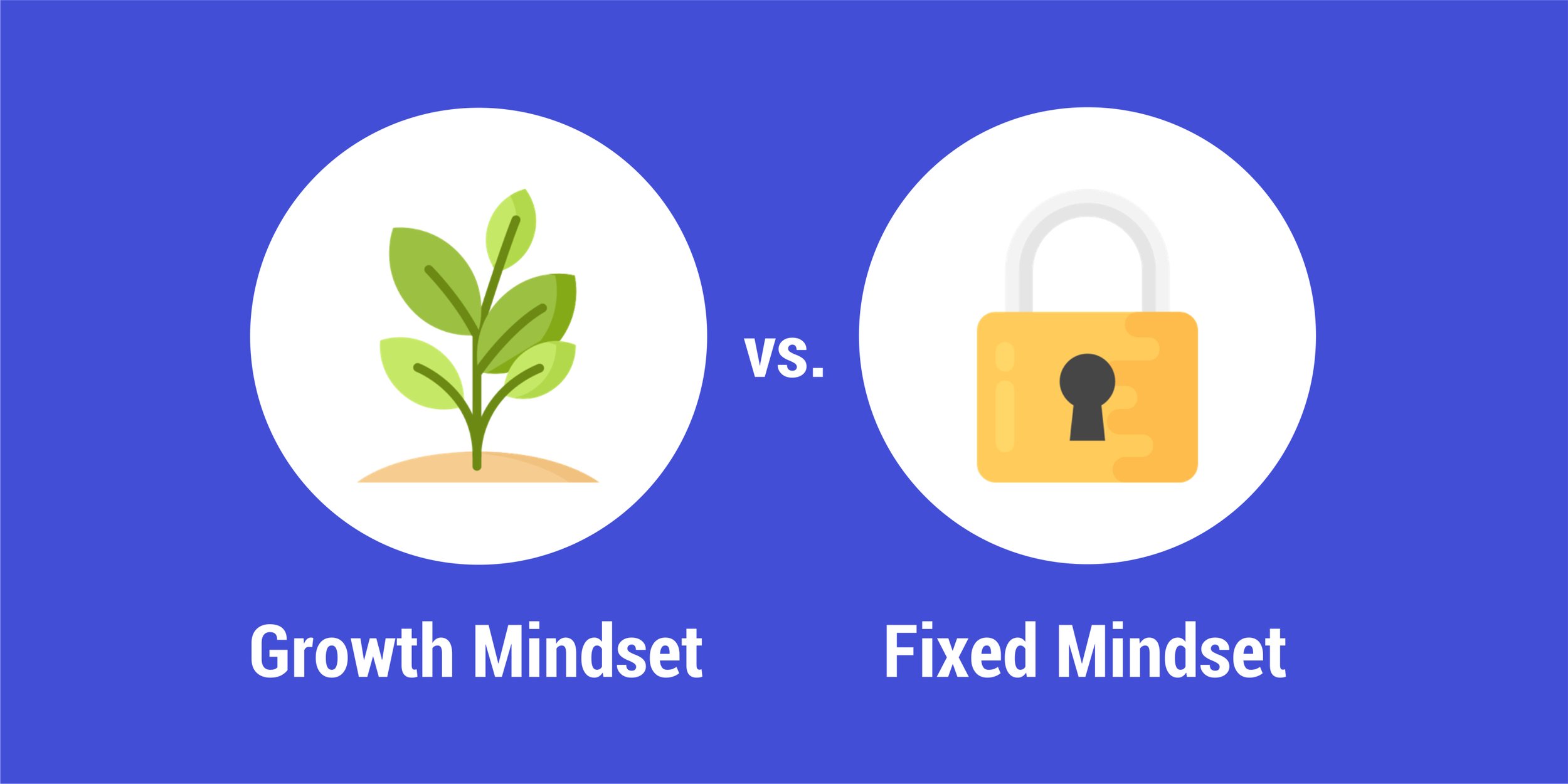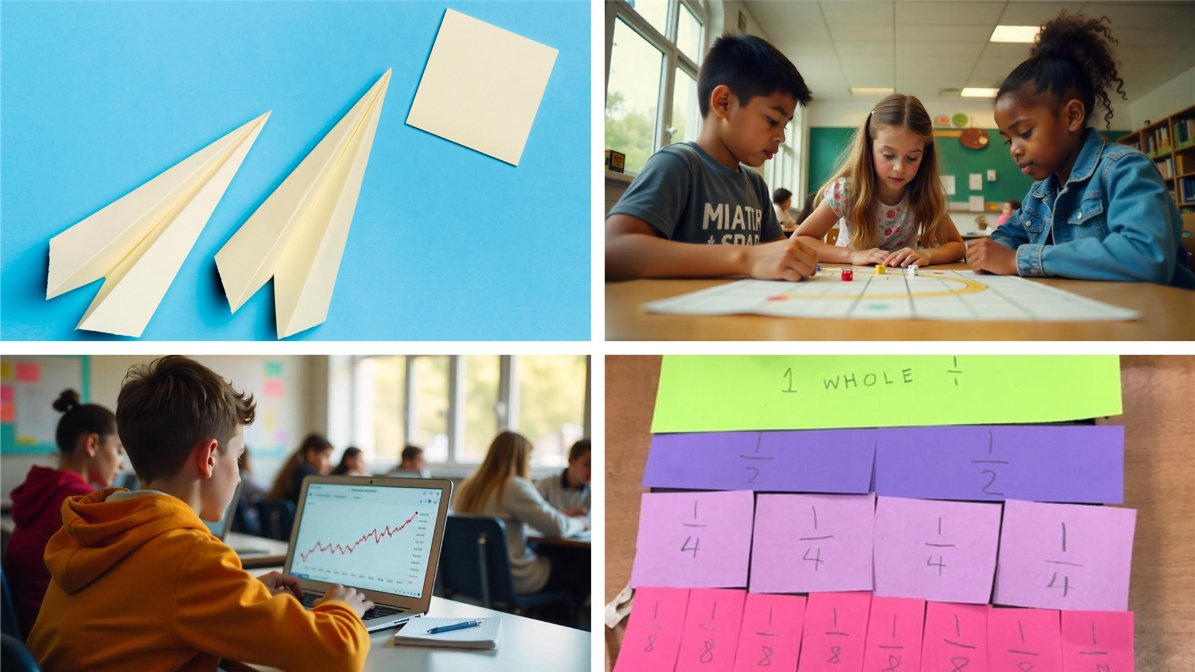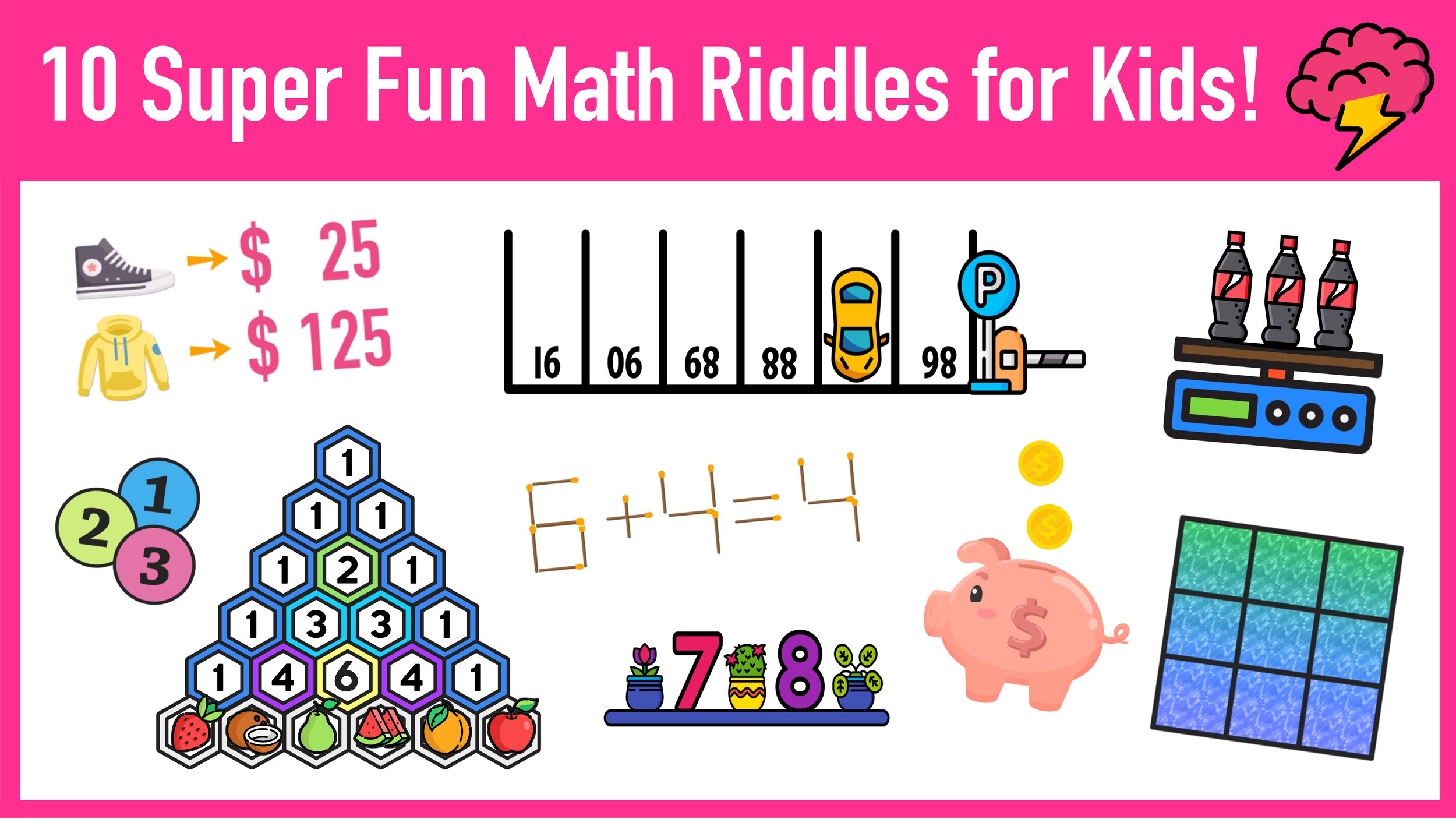Growth Mindset Definition and Examples
What is the definition of growth mindset and why does it matter?
Why do we fall, Bruce? So that we may learn to pick ourselves back up. -Alfred (to Batman), Batman Begins
When you approach learning with a fear of failure and a belief that intelligence is fixed and unchangeable no matter how hard you try, your mindset for learning becomes negatively affected by pressure, an overemphasis on getting correct answers, and feelings of inadequacy. As a result, you are likely to see effort as fruitless, avoid challenges, and become a person who gives up easily.
But what if you could shift your mindset and start embracing mistakes and even celebrating them as learning opportunities? What if you could embrace new challenges, persist through obstacles, and view mistakes as necessary stepping stones along the path of learning?
What is the Growth Mindset Definition?
Fixed Mindset Definition
Definition: A Fixed Mindset is based on the idea that people have a finite amount of intelligence and that no amount of hard work can change that. It is a belief that looking smart is more important than learning, that great effort is a sign of low natural ability. With a fixed mindset, learnings become discouraged and quickly shy away from challenges.
The work of Stanford psychologist Carol Dweck has sparked a recent shift in educational philosophy and the way that teachers nurture student mindsets. In her research, Dweck classifies a fixed mindset as one in which you perceive your “character, intelligence, and creative ability as static givens which we can’t change in any meaningful way.” With a fixed mindset. the learner views failure as something to be avoided at all costs.
Growth Mindset Definition
Definition: A Growth Mindset values learning overlooking smart. Growth is synonymous with success. With a growth mindset, learners thrive in the face of a challenge, constantly seek new strategies to solve problems, and think more logically and strategically overall.
Alternatively, with a growth mindset, learning is viewed as a process and the importance of effort and making mistakes is emphasized. A growth mindset is used to describe individuals who embrace the idea that learning and success depends on your effort and ability to use mistakes as learning opportunities instead of points of frustration.
Fixed Mindset vs. Growth Mindset Definition. (Image: Mashup Math)
Why is the Growth Mindset Definition (vs. Fixed Mindset) important?
Students who are constantly told they are smart become less likely to make mistakes, because they stay in their comfortable comfort zone and stop growing.
“Effort is what ignites ability and turns it into accomplishment,” says Dweck, whose work has inspired learners to embrace the idea that you can improve in any area as long as you are willing to make an effort and learn from inevitable mistakes.
Learning mindsets have a strong influence on our attitude, behavior, and our personal views on failure and success. If you can embrace a growth mindset for learning, then they you overcome self-imposed limitations and further reach your potential.
In the case of teaching, one way that educators are encouraging a growth mindset is refraining from labeling students as “smart.” According to Stanford professor, and growth mindset advocate, Jo Boaler, labeling students as “smart” encourages a fixed mindset.
Students who are constantly told they are smart, “become less likely to make mistakes, because they stay in their comfortable comfort zone and stop growing,” says Boaler.
Instead, Boaler suggests that teachers praise students for their effort and commend them for learning from their mistakes. Boaler believes that, “when we give kids the message that mistakes are good, that successful people make mistakes, it can change their entire trajectory.”
Can Anyone Have a Growth Mindset?
Mistakes are necessary for learning. (Image: Mashup Math FP)
While the movement towards nurturing a growth mindset for learning in schools around the world continues to gain momentum, the benefits of a growth mindset expand far beyond the classroom. Anyone, anywhere, of any age who is trying to learn something new can benefit approaching the situation with a growth mindset.
To embrace a growth mindset, simply put the growth mindset definition into action the next time that you are trying something new. Did you make a mistake? That’s okay, mistakes are how you learn and they are necessary. Take a breath and restart knowing that you will likely make several more mistakes along the way. It’s all part of the process.
With this new mindset, all of those skills that you have always wanted to learn can be accessible to you, as long as you are willing to make an effort and endure the inevitable mistakes. Whether you want to learn how to ride a snowboard, speak French, or attempt your grandmother’s famous lasagna recipe, your mindset is everything.
And when you inevitably mess up, which you certainly will (and probably more than once), think on this advice from Carol Dweck: “Picture your brain forming new connections as you meet the challenge and learn. Keep on going.”
The goal is not to be, but to grow.

